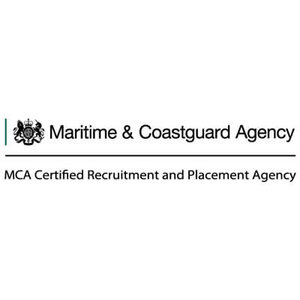
When starting an offshore career, there are many routes to take into the industry, depending on your skill level or experience. After serving time in the entry level offshore job of roustabout, you can develop to become a Roughneck, also known as a drilling rig Floorhand. But what exactly is a Roughneck in the offshore drilling industry?
A Roughneck is a key member of the drill crew. They work on the derrick floor and perform various tasks, such as:
They are under direct supervision from the driller, and carry out more skilled tasks using previous experience. They must have high stamina, great communication skills, be capable of working under pressure, and solid problem-solving skills.
This job follows the usual offshore shift pattern: 12 hours on, 12 hours off. You will also spend a few weeks at a time offshore on the drilling rig, followed by a few weeks home. This is an intense but highly rewarding role, and will suit people who are committed and capable.
You need some school-level qualifications and the usual offshore requirements - BOISET, MIST, and an offshore medical certificate and medical examinations every two years - for Roughneck jobs in the UK. It is advantageous to have time served in the entry level offshore job of Roustabout before applying.
It might seem like there is little difference between a Roughneck and a Roustabout. And yet, they are two different jobs. So what’s the difference?
Firstly, roustabouts largely do unskilled jobs around the rig, like moving and cleaning equipment, unloading deliveries, dealing with drilling mud, cleaning and re-painting the decks, and general deck maintenance tasks. They are supervised by a lead roustabout, and are generally expected to work hard, use their position to adjust to working offshore, and pick up some key skills and experience. .
Roughnecks, however, work on the derrick floor in close proximity to the drill itself. They are more experienced, and therefore trusted to undertake more skilled tasks. Their work is also more hands-on and subsequently better paid. They also assist more with other members of the drill crew - their collective experience allows them to help out in other disciplines, as now they know the ropes.
Roughneck jobs are not entry level offshore drilling rig positions - you must be a time served Roustabout in order to develop to Roughneck. Then, providing you have the required qualifications and demonstrate your skills and abilities well, you will be able to progress to Roughneck. You can prepare for the application process by practising answers to common oil and gas interview questions! Most roughnecks will start off as a roustabout and it is helpful to have relevant and transferable work experience, such as having previously worked in the fishing industry or armed forces.
At GRN, we’d be delighted to support you in your search for entry level offshore jobs such Roustabout positions, or help you progress to Roughneck positions in the UK and further afield. We can help you improve your CV and prepare for possible oil and gas interview questions you could be asked when interviewing for Roughneck jobs.
.jpg)


